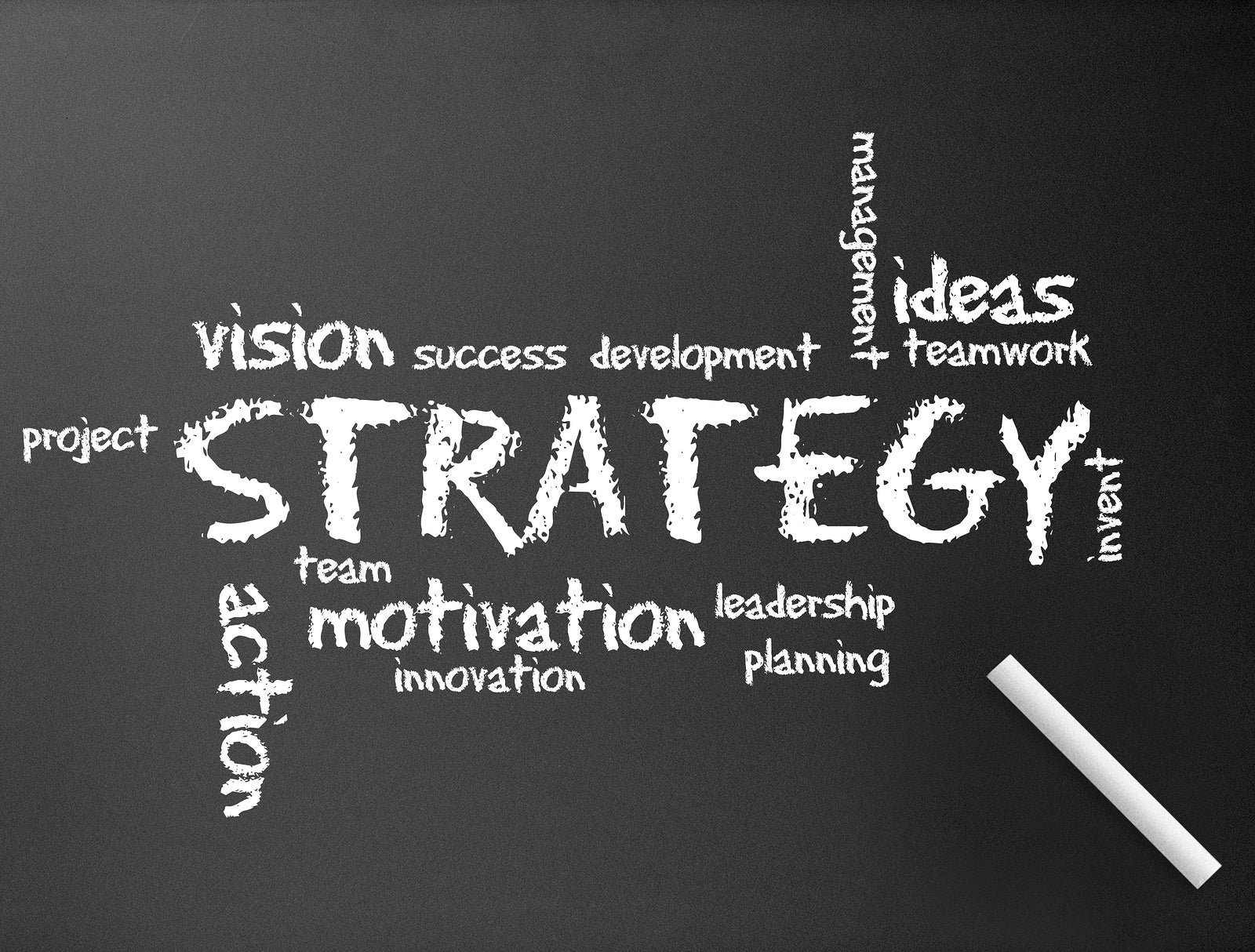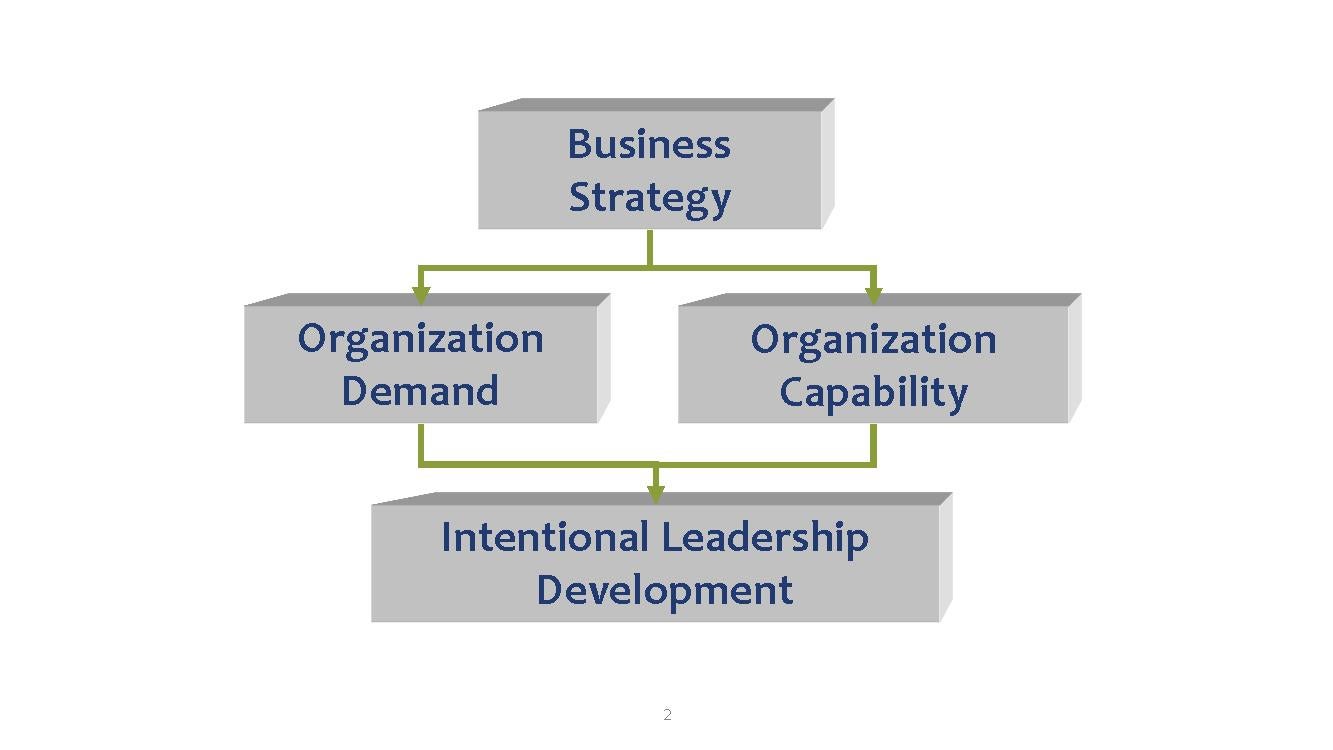
Every successful small business faces the challenge of growth. When that happens, others must be relied upon to provide the same level of commitment, smarts, and grit to get the job done.
Developing others with the same passion as yourself is never easy. Research indicates, however, that a planned and intentional approach that focuses on developing strategy skills works. You can develop leaders who needed to have greater success in their work and in the attainment of business goals.
Don’t Develop Generic Leadership Skills
Too often, aspiring or even developed leaders are sent off to a 1 or 3-day conference on developing leadership skills. It might focus on things like being a better communicator or developing emotional intelligence or ensuring accountability. While these are worthy and appropriate skills, they are only worthy and appropriate if the strategy of the business demands those kinds of skills.
For example:
- Is your small business is in a growth mode? Are you expanding the number of locations? That means you want to ensure that your new sites will operate in the same manner to your other sites. Then having leaders with communication skills is probably not as important as managing processes and procedures.
- You’ve decided to expand your product offerings. That will mean some operations will have to be run differently. Your team is well-entrenched in doing things the way they always have done it. How do you get them to change? Understanding change management is the key competency associated with doing things differently. It is doubtful that a 3-day leadership program addresses that specific skill. Your leaders need practice in communicating the principles of change management.
Develop Leadership Skills for Your Business
The graphic below describes the process that any business can use to develop the leadership skills they need for success. These include:
-
Begin with the business strategy
Research indicates that up to 85% of employees (including leaders) don’t know their business strategy. You must make certain that people (especially leaders) know what it is and can explain how their job directly contributes to the success of the strategy.
-
What are the organizational demands that the strategy creates?
Different strategies place different requirements on the business and its leaders. Having leaders who are flexible and can develop new skills to meet new requirement is essential. Some organizations will develop leadership competencies or values that define what is expected of a leader. As long as these match up to the business strategy, you’ll be on the right track to knowing what your leaders should do.
-
What are the skills your organization possesses?
Assuming your organization does some kind of employee evaluation, then you are off to a good, but not sufficient start. The determination of the capability of your leaders (and aspiring leaders) must be done within the context of the entire business. It shouldn’t be just on an employee by employee basis. Furthermore, the evaluation must be tied to your new understanding of the organizational demands that your strategy requires. There are numerous tools available to do an organization-wide evaluation of your talent. But here’s a tip…performance reviews are not it!
-
Develop people in an intentional manner?
Now that you have identified the gap between what you need and what you have, you can go about building a development plan for your current and aspiring leaders. Regardless of your size, having a development plan for each employee not only ensures that everyone is on the same page but demonstrates to your people that you are concerned about their professional development and are willing to make a commitment to their growth and future in the business. That represents a good strategy for retaining your key employees.
Your business’ success will depend on the commitment and skills of your leaders who ensure, on a day-to-day basis that the goals and objectives on the business are being met. Don’t assume that they have the requisite skills to achieve those goals. Most business owners assume that their leaders have what they need to get the job done. Most frequently, those skills are part of their technical expertise but not necessarily part of the leadership repertoire.
Building a skilled leadership cadre is more than a nice-to-have, it is a must-have!
3528 Views













